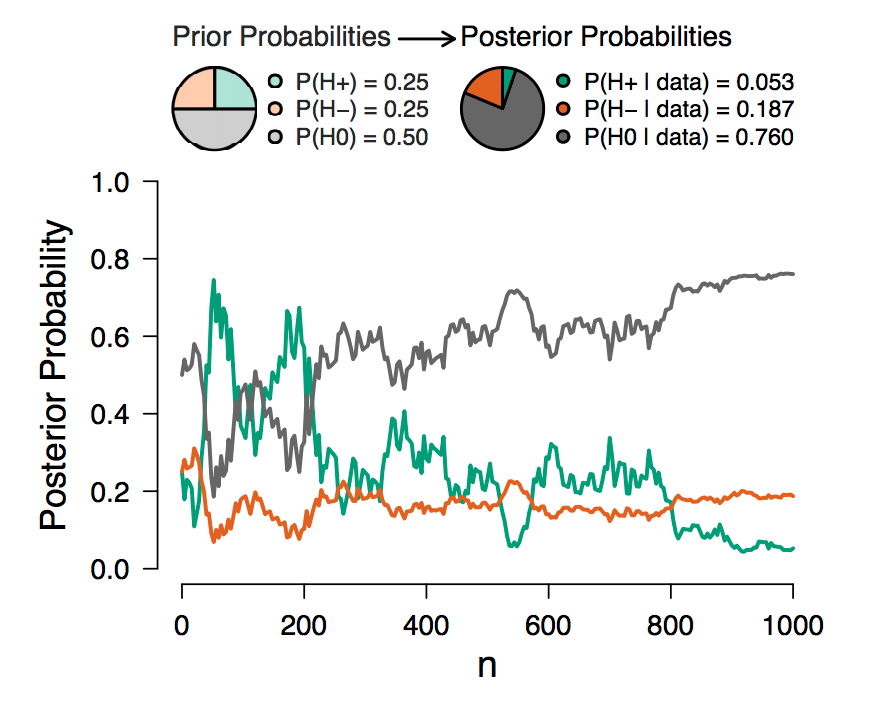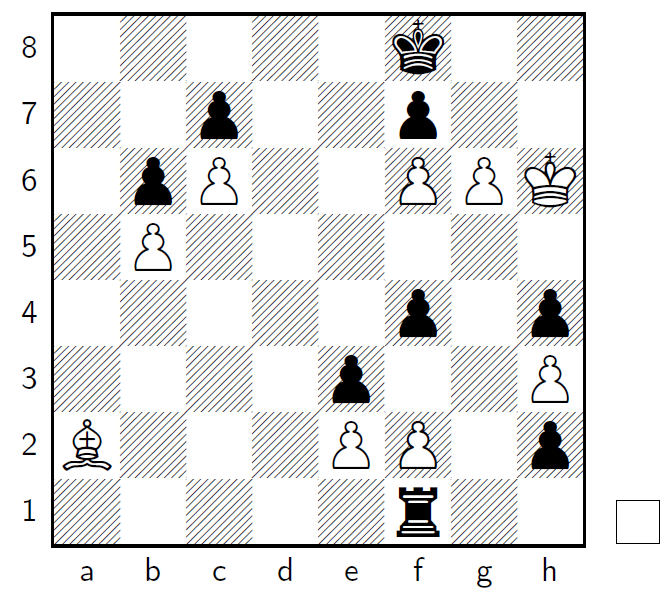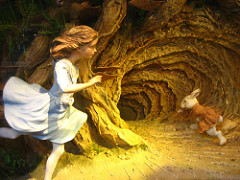An In-Class Demonstration of Bayesian Inference

This post is an extended synopsis of van Doorn, J. B., Matzke D., & Wagenmakers, E.-J. (in press). An In-Class Demonstration of Bayesian Inference. Psychology Learning and Teaching (https://doi.org/10.1177/14757 25719848574). Preprint available on PsyArXiv:https://psyarxiv.com/d8bvn/ Abstract Over 80 years ago, Sir Ronald Fisher conducted the famous experiment “The Lady Tasting Tea” in order to test whether his colleague, Dr. Muriel Bristol,…
read more





